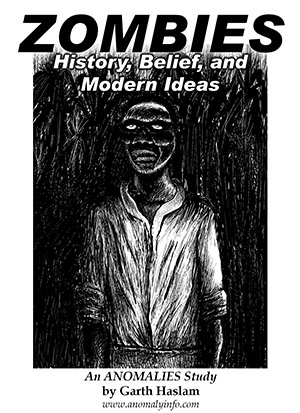1656 (ca.): Man’s Death by Fire Breathing
According to Thomas Bartholin (a doctor of the 17th century), one morning around the year 1656 a peasant was found dead with a flame flashing from his throat outside the gates of the city of Copenhagen (or possibly just the gates of the University of Copenhagen).
Bartholin was of the opinion that the peasant's death was caused by overindulgence in brandy, which he believed could engender a flame from the stomach to come up the throat and out the mouth of a victim. Bartholin also believed that more drunkards would be found dead in this fashion except that most lay upon their backs, which helped to suffocate the stomach flame before it could develop.
Date and Place?
I've listed the date of this account as circa 1656 ("about 1656") because it was published in 1657 and Bartholin describes it as having occurred "last year". Since he might have published the account earlier then 1657, "last year" might mean a different year... hence marking it as circa 1656.
I've translated the details of this account from Latin, and so want to make note of the place of occurrence... and why I list two possibilities. In the original Latin, the location is stated as the gate of "Hafniensem", but "Hafniensem" doesn't have a translation out of Latin. The town of Copenhagen is called "Hafnia" when presented in Latin texts, so this was a possible translation; but I also found that the University of Copenhagen (which did exist when the account above would have occurred) is rendered as "Universitatem Hafniensem" in Latin... but this full title is not used in Bartholin's Latin account. So the gates are either that of the city of Copenhagen, or of just the University.
Of the Dangers of Brandy
Whether this account is reliable or not is really just a matter of opinion... but I will point out that there is a reason Bartholin suspects brandy in particular of causing stomach flames.
Brandy is an alcohol that was accidentally created in an attempt to pay lower tariffs on wine transport. The idea was this: boil the water out of wine to make a sort of "wine concentrate," take that accross borders, add water back to bring the amount of wine back up to original. This would allow the wine to be transported in great quantities without an increase in taxes paid for transporting it (which were based on weight). But this plan didn't work out because when wine is reduced in this way, many flavor changes occur; and when this wine concentrate is stored in wood for a long time, such as during transport, it leeches new flavors out of the wood it is stored in... so the flavor is never the same. The new alcohol created in this process, though, often tasted better, and had a higher concentrate of alcohol; so they soon became popular alcohols of their own. Among this new class of wines is brandy.
Bartholin seems to have come to the conclusion, from what I've seen, that due to brandy's creation through the process of boiling wine, it somehow retains the heat needed to create it in the first place, but latently... and that in the human stomach, this latent heat is released, which is why brandy feels like it warms you... because it does. So the further conclusion from this -- following Bartholin's logic -- is that an overindulgence in brandy would release too much of this latent heat at once, with the possibility of actually creating a flame!
Anomalies -- the Strange & Unexplained, as well as my other website -- Monsters Here & There -- are supported by patrons, people like you! All new Anomalies articles are now posted for my patrons only, along with exclusive content made just for them. You can become a patron for just $1 a month!
|








